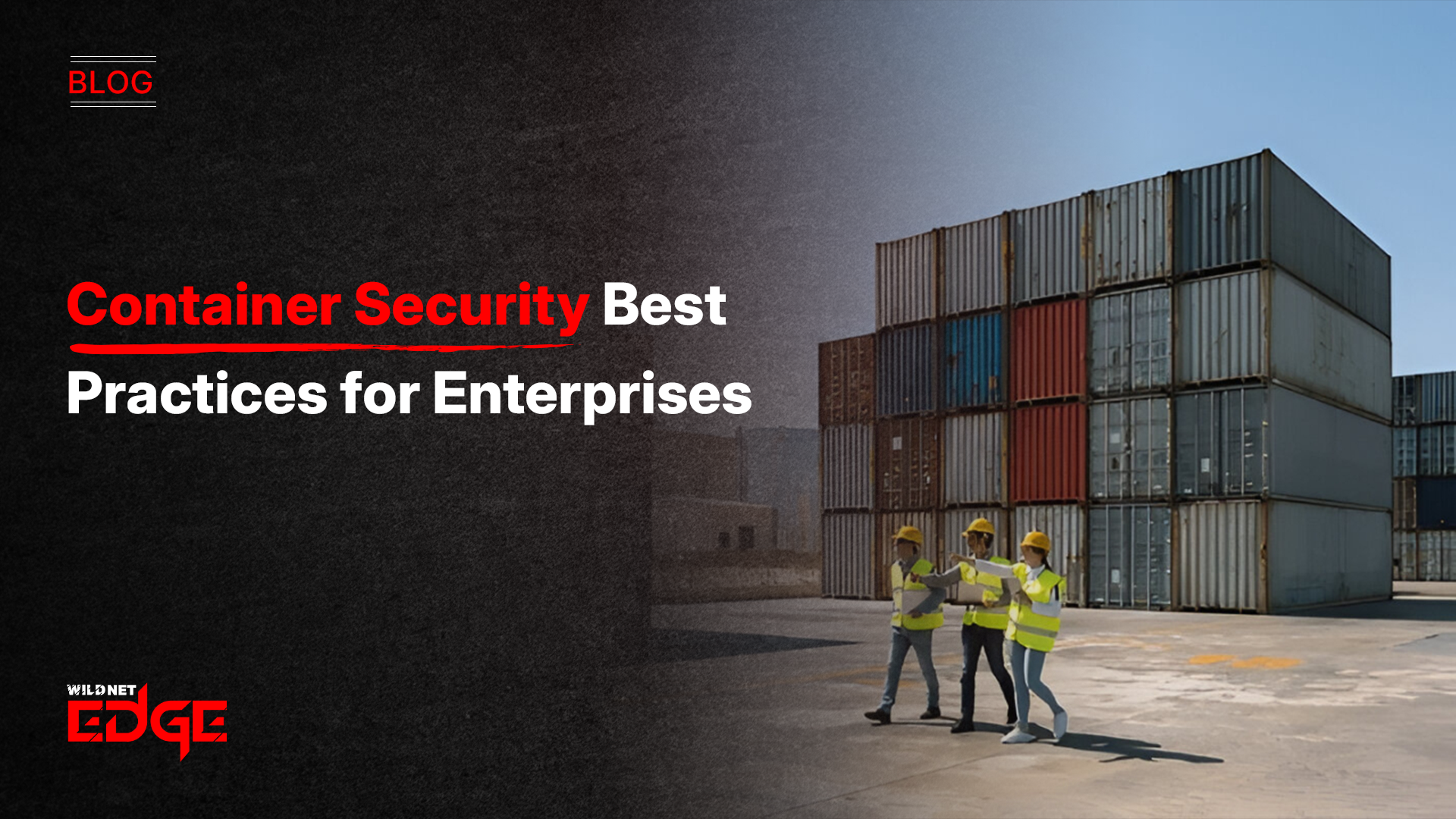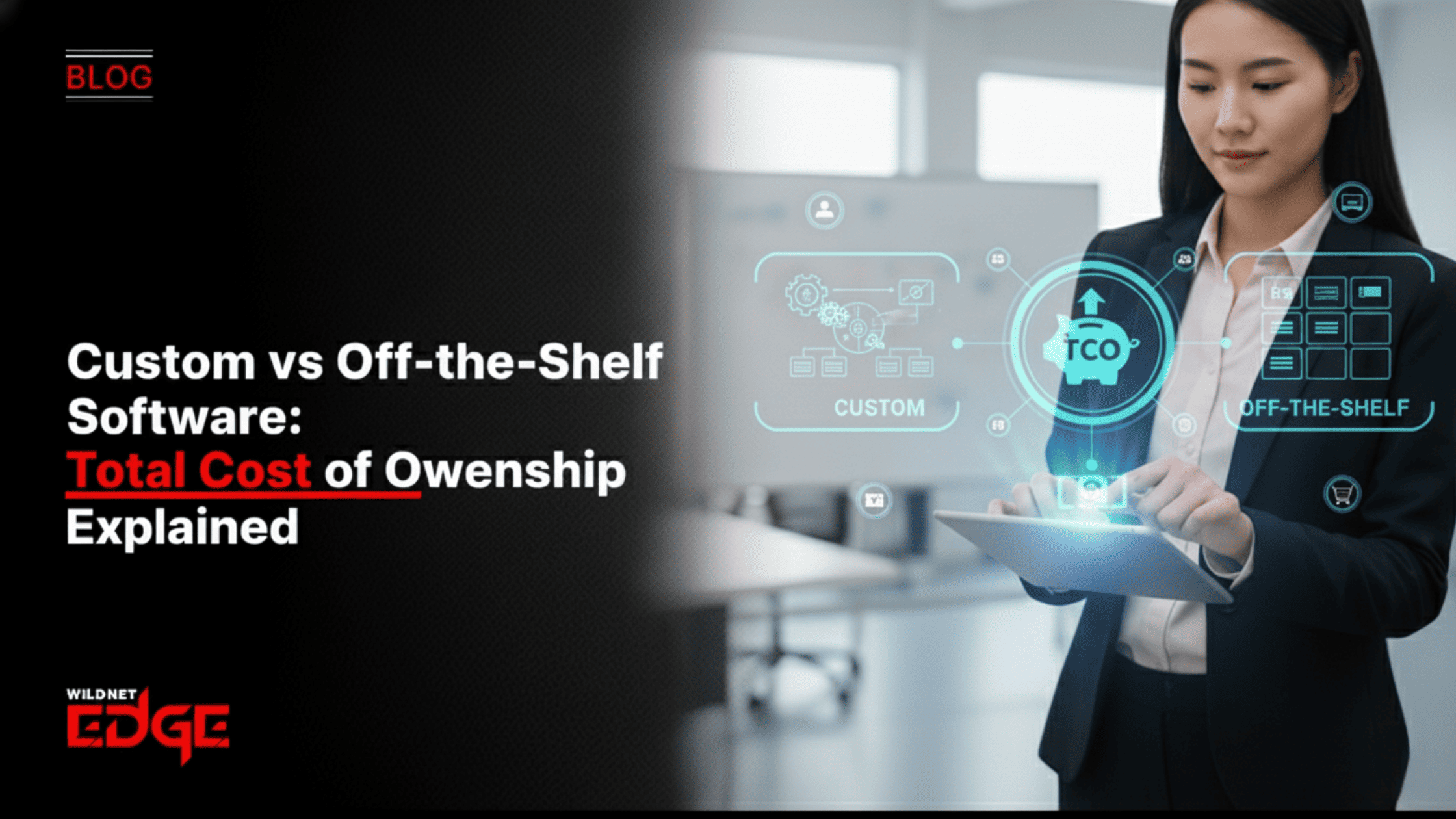In today’s tech-driven world, understanding the fleet management app development cost is crucial for businesses aiming to optimize their operations. Developing a robust fleet management app is not just an expense; it’s an investment that can significantly enhance efficiency and productivity. In this guide, we’ll break down the essential components that influence the cost of developing a fleet management app, helping you navigate this complex landscape with confidence. From vehicle tracking pricing to the importance of selecting the right Fleet Management App development company, we’ve got you covered.
Factors Influencing Fleet Management App Development Cost
Key Features Impacting Fleet Management App Development Cost
The features you choose for your fleet management app can significantly impact the overall fleet management app development cost. Essential features like real-time tracking, analytics, and a user-friendly interface are critical for effective fleet operations. For instance, real-time tracking allows businesses to monitor vehicle locations, which improves route planning and reduces fuel consumption. Analytics can help generate reports on fleet performance, while an intuitive user interface enhances user engagement. Including advanced features such as geofencing or driver behavior monitoring can further increase costs but may lead to substantial savings in operational efficiency over time.
Development Team and Expertise
The choice of a Fleet Management App development company can dramatically influence your project’s cost. Companies with more experience or specialization in fleet management solutions often command higher fees but can deliver superior products. When evaluating your options, consider not only the cost but also the team’s expertise in developing similar applications. Experienced developers can foresee potential issues and provide insights that new developers might overlook, ultimately saving your business time and money.
Technology Stack Selection and Costs
The technology stack you select for your app is another factor that significantly affects the fleet management app development cost. The choice between native and cross-platform development can lead to major differences in expense. For instance, native applications often provide better performance and user experiences but can be more costly to develop. Conversely, cross-platform solutions may reduce upfront costs but could lead to additional expenses related to maintenance and feature updates. Each technology will have its own set of licensing fees that influence your budgeting.
Understanding Vehicle Tracking Pricing
Types of Tracking Solutions
Various vehicle tracking solutions come with different pricing models. Basic solutions might charge a flat fee, while more comprehensive platforms could have vehicle tracking pricing based on features like tracking accuracy, reporting capabilities, and the number of vehicles monitored. For instance, a GPS-based tracking service may offer basic location tracking at a lower cost but charge more for advanced features like data analytics and historical reporting.
Long-term vs. Short-term Costs
Understanding the difference between long-term and short-term vehicle tracking pricing is essential. Many companies offer subscription models that can range from monthly to annual payments. In the long term, annual contracts might save you money but require a more substantial upfront investment. On the other hand, short-term contracts may look appealing at first glance but could cost more over time if you need to frequently renew them.
Importance of Scalable Pricing Models
Scalable pricing models are vital for effectively managing your fleet budget. As your fleet expands, your costs should ideally scale smoothly without unnecessary spikes. Look for solutions that offer tiered pricing based on the number of vehicles or the level of features required. This ensures you only pay for what you need at any given time, allowing for seamless expansion as your fleet grows.
Budgeting for Fleet Management Solutions
Identifying Your Fleet Budget
Creating a comprehensive fleet budget is a crucial step in accommodating the costs of developing a fleet management app. Start by listing all anticipated expenses, including development, integration, and ongoing maintenance. Consider software licensing fees, potential hardware costs for tracking devices, and training for your staff to effectively use the new app. By mapping out all expenditures, you can gain a clearer understanding of what you can allocate to app development.
Hidden Costs in Fleet Management App Development
Hidden costs can often catch businesses off guard when it comes to fleet management app development cost. While initial development may seem reasonable, consider ongoing maintenance, updates, and technical support that may be needed as your app evolves. Additionally, there may be costs related to user training, which could range from basic onboarding sessions to more extensive workshops, depending on the app’s complexity and the existing skill levels of employees.
Allocating Resources Efficiently
To maximize efficiency, it’s essential to allocate your resources carefully. Focus on critical areas that will yield substantial returns, such as robust tracking features and data analytics capabilities. Invest more heavily in initial development to ensure a strong foundation, allowing for future scalability and additional features without needing significant rework.
Transport Software Charges Explained
Breakdown of Common Transport Software Charges
When considering transport software charges, it’s important to break down the different types of fees you might encounter. Common charges can include licensing fees, which grant access to the software, and integration fees for connecting your app with existing systems. Additional costs might arise from customization or additional storage needs based on the volume of data your app will manage.
Comparing Software as a Service (SaaS) Costs
Software as a Service (SaaS) is becoming increasingly popular in fleet management. While transport software charges associated with SaaS models can be lower initially, ongoing monthly fees may add up over time. Weigh the pros and cons of SaaS versus on-premise solutions. SaaS might require less upfront investment and effort to maintain, but could result in higher long-term costs, primarily if additional features or higher-tier plans are needed as your operation scales.
How Transport Software Charges Affect Your Overall Cost
Understanding how transport software charges fit into the total fleet management app development cost is essential. All these components need to be considered as part of your budget. It’s crucial to ensure that ongoing operational costs do not exceed the intended budget, as these can significantly affect the overall financial viability of your fleet management app.
Hiring the Right Experts
Reasons to Hire Fleet Management App Developer
Hiring a specialized fleet management app developer offers numerous advantages. Experts in this field bring a wealth of knowledge and experience, which can lead to more efficient, effective app development. They understand both the complexities involved in fleet management and the latest technologies available. This specialized skill set can significantly enhance the quality of your application, ensuring it meets your business’s unique needs.
Cost Comparison: In-house vs. Outsourcing
When hiring, companies often face the dilemma of whether to develop internally or outsource to a Fleet Management App development company. In-house development may provide more control and direct oversight, but it often comes with higher labor costs and potential skill shortages. Outsourcing can be more cost-effective, especially if you choose a company with a proven track record in fleet management solutions.
Assessing Developer Skill Levels and Their Impact on Costs
Evaluating developer skill levels is crucial when deciding on the right professional to create your fleet management app. A highly skilled developer may charge more upfront, but their expertise can lead to a more productive project, potentially saving money in the long run. Ensure you assess their past projects, client reviews, and any relevant certifications to secure the best value for your investment.
Conclusion
In conclusion, understanding the various aspects influencing your fleet management app development cost is vital for making informed decisions. By considering factors like vehicle tracking pricing, fleet budget, and transport software charges, businesses can strategically invest in technology that drives efficiency. For tailored solutions, trust Wildnet Edge, an AI-first company committed to delivering outstanding fleet management app services.
FAQs
The average cost can vary widely based on features, complexity, and the chosen development company.
Vehicle tracking pricing typically involves subscription or one-time payment models, depending on the service offered.
Your fleet budget should encompass app development costs, maintenance, user training, and potential scaling expenses.
Transport software charges can be both fixed and variable, depending on usage, licensing, and additional features.
To hire fleet management app developer, research firms, ask for portfolios, and gather quotes to assess their suitability for your project.

Managing Director (MD) Nitin Agarwal is a veteran in custom software development. He is fascinated by how software can turn ideas into real-world solutions. With extensive experience designing scalable and efficient systems, he focuses on creating software that delivers tangible results. Nitin enjoys exploring emerging technologies, taking on challenging projects, and mentoring teams to bring ideas to life. He believes that good software is not just about code; it’s about understanding problems and creating value for users. For him, great software combines thoughtful design, clever engineering, and a clear understanding of the problems it’s meant to solve.
 sales@wildnetedge.com
sales@wildnetedge.com +1 (212) 901 8616
+1 (212) 901 8616 +1 (437) 225-7733
+1 (437) 225-7733















 ChatGPT Development & Enablement
ChatGPT Development & Enablement Hire AI & ChatGPT Experts
Hire AI & ChatGPT Experts ChatGPT Apps by Industry
ChatGPT Apps by Industry ChatGPT Blog
ChatGPT Blog ChatGPT Case study
ChatGPT Case study AI Development Services
AI Development Services Industry AI Solutions
Industry AI Solutions AI Consulting & Research
AI Consulting & Research Automation & Intelligence
Automation & Intelligence













